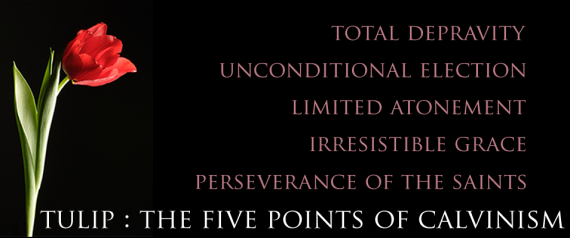Yesterday we defined faith as confidence or conviction. One of the problem people sometimes have with this sort of definition, however, is that we think that there are degrees of faith, or (to put it another way), faith is on a sliding scale, where one end is “wishful-hope-so-thinking” and on the other end is “absolute certainty.”

Though lots of people like to talk about “degrees of faith” this is not a proper way of thinking about biblical faith.
There are no Degrees of Faith
Faith is more like a light switch (and not a dimmer switch!). Just as a light is either on or off, so also, you either believe something or you don’t. If you are not sure whether or not you believe something, then you don’t believe it. If you are partially convinced, but not yet fully convinced, then you do not believe.
 Though Scripture does talk about “little faith” and “great faith” (e.g., Matt 8:10, 26), this is not a reference to the degree of faith someone has, but to the difficulty of the truth believed. Some things are easier to believe than others, and so when someone does not even believe the simple and obvious things, they have little faith, whereas, when someone believes things that are difficult to believe, they have great faith (See my article, “Now That’s Faith” for more.)
Though Scripture does talk about “little faith” and “great faith” (e.g., Matt 8:10, 26), this is not a reference to the degree of faith someone has, but to the difficulty of the truth believed. Some things are easier to believe than others, and so when someone does not even believe the simple and obvious things, they have little faith, whereas, when someone believes things that are difficult to believe, they have great faith (See my article, “Now That’s Faith” for more.)
You Cannot “Choose” to Believe
What all of this means is that we cannot exactly “choose” to believe something. Belief, or faith, is not a decision we make. Faith is something that happens to us when presented with convincing and persuasive evidence.
Sometimes we might not be able to believe something until we see it with our own eyes. Other times, we might come to faith through reason, logic, and the weight of argumentation. Occasionally, we even come to believe something despite our desire not to believe it.
For example, if a father was told that his son was a mass-murderer, the father might not want to believe it, and would not believe it. But if the father sat through the trial of his son, and saw the weight of the evidence, and maybe even heard the confession of his son to his crimes, the father would be forced to believe what he did not want to believe. The father did not choose to believe, but was persuaded or convinced by the evidence presented, and came to believe something he did not wish to be true.
So while facts, logic, and reason can lead to faith, so also can experience, relationships, and revelation. Even hope and trust, which are not themselves faith, can be transformed into faith.
Faith itself can lead to faith, for once we believe some things about God, it becomes easier to believe other things. Divine revelation itself can lead us to believe things about God, ourselves, and eternity which we may not have believed otherwise (Rom 10:17).









 Yesterday I tried to
Yesterday I tried to 

 Several years after John Calvin died in 1564 (click here to see a
Several years after John Calvin died in 1564 (click here to see a  God must be in control, and God must accomplish everything, from first to last, if humans are to have any hope of salvation, and if God is to be certain of defeating sin, death, and the devil in the ultimate end.
God must be in control, and God must accomplish everything, from first to last, if humans are to have any hope of salvation, and if God is to be certain of defeating sin, death, and the devil in the ultimate end.